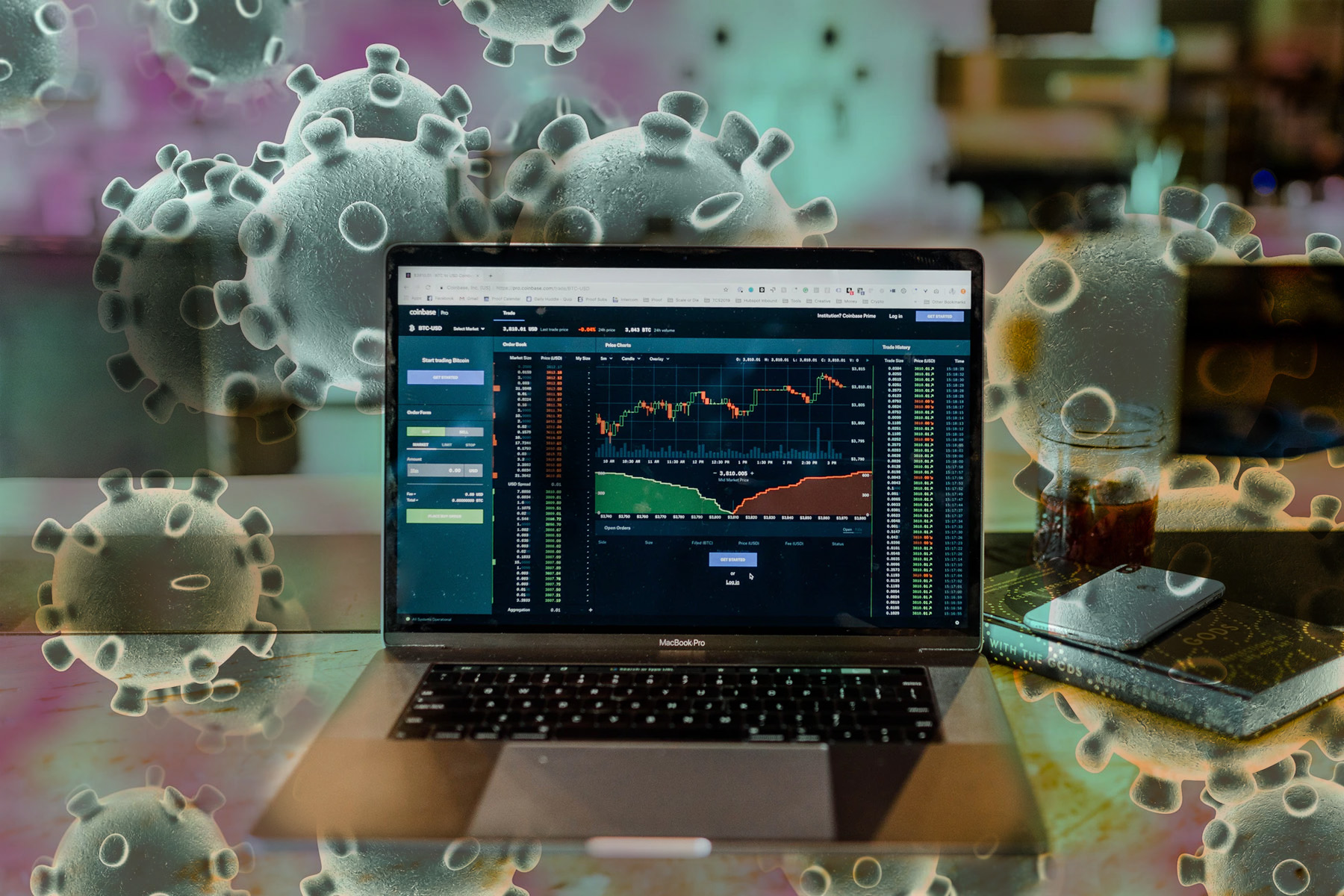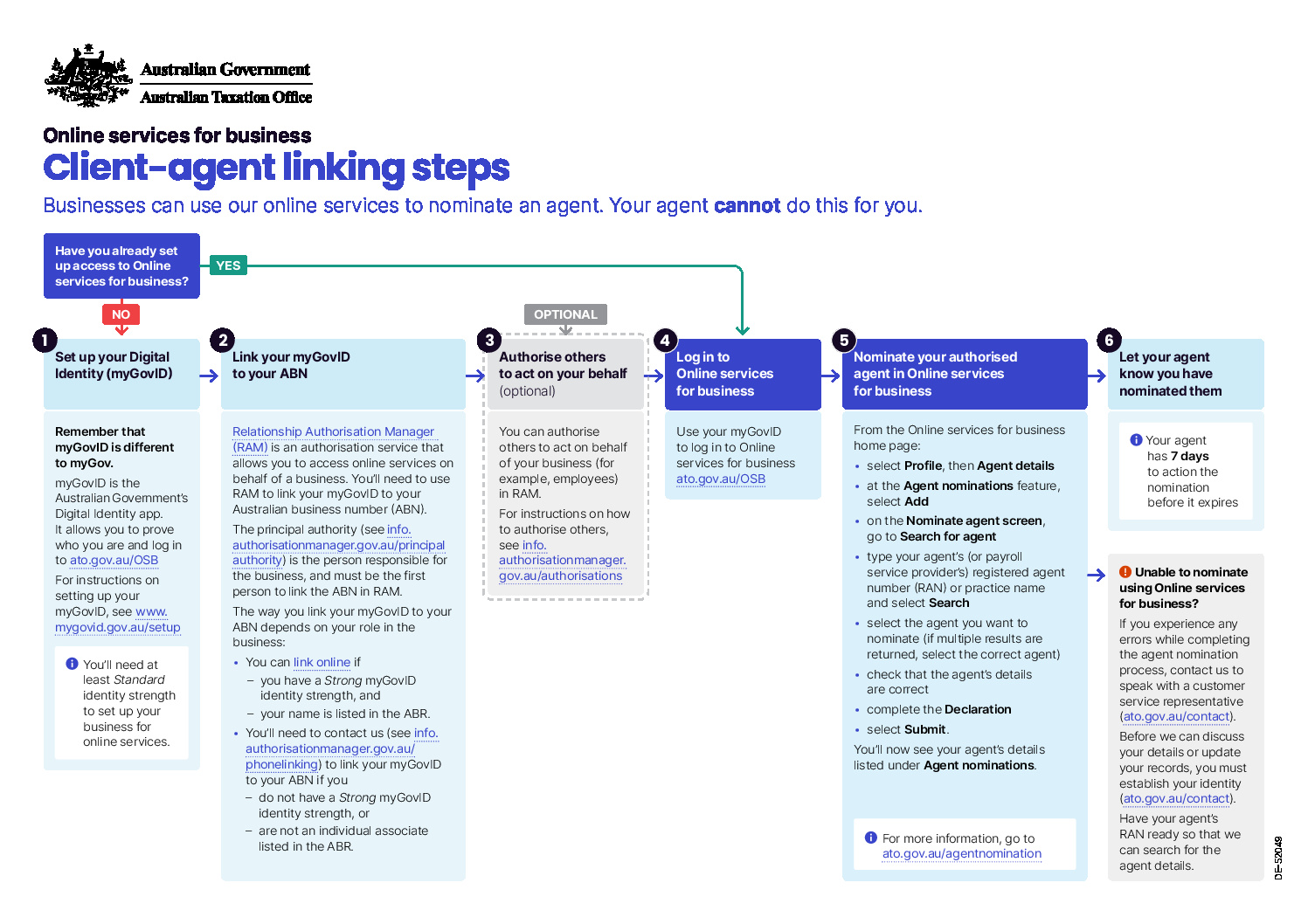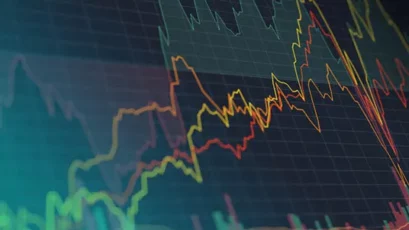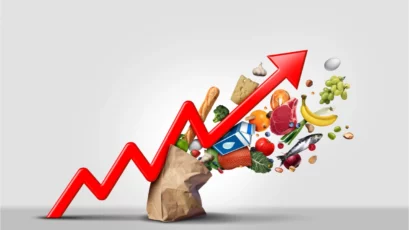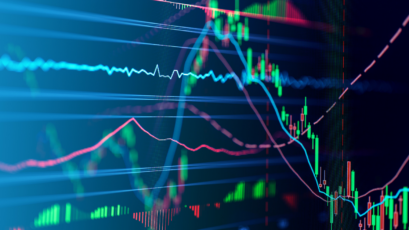“History doesn’t repeat itself, but it often rhymes”. That was Mark Twain’s quote on what we can learn from history, and in the context of the impact of Coronavirus on the stock market, we can look to the past to analyse history and how that might impact on our future.
The world has experienced epidemic cases like Ebola and SARS and MERS before and the reaction to those crises can give us an idea of what impact we might see from COVID2019 as it is officially called.
Some questions in these dire circumstances might be:
- What is the impact of Coronavirus on the stock market?
- What is the impact of Coronavirus on my portfolio?
- Are there investment opportunities in the wake of Coronavirus?
At the time of writing this article, the death toll is 1,115 with 45,000 infected, and 28 countries reporting cases. For the most up to date stats, check here.
In the video below, Director Mark Beveridge talks us through the impact of Coronavirus on the stock market and your portfolio.
We are grateful to Nick Maggiulli, a Data Scientist for Ritholtz Wealth Management for some of the charts within this video.
Read his full story here, including stats on other virus outbreaks.
Excerpt here:
“That is why this post will investigate an epidemic’s impact on the market by looking at the returns that occurred immediately before and immediately after that epidemic’s peak. Of course, this will never prove that the market reacted solely because of the epidemic, but it may provide a clearer picture than what prior analyses have shown.
In total, the three modern epidemics discussed (Ebola, SARS, and Swine flu) all coincided with minor declines in global equity markets (-5% to -10% range) that quickly recovered. Note that this is slightly smaller than the -6% to -13% cited in the Citi study quoted earlier despite me cherry-picking the local market tops/bottoms to try and match their narrative.
Any deviation from this cherry-picking strategy and the results are even less noteworthy. For example, Dow Jones Market data found that in 11 out of the 12 epidemics they studied, the S&P 500 was up 6 months after the first case was reported.
Therefore, if we assume that coronavirus will be similar in deadliness to Ebola, SARS, or Swine flu, then I wouldn’t worry about the long term impact on my portfolio.
But, I already know what you’re thinking. What if coronavirus ends up being worse than these modern epidemics?”

